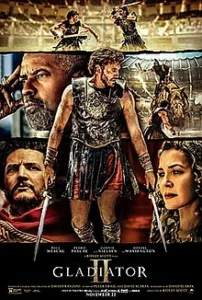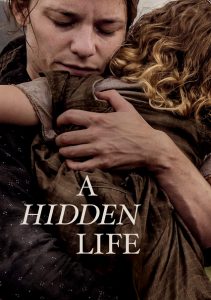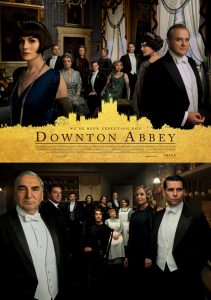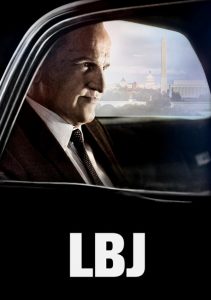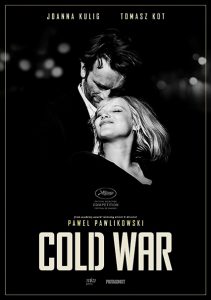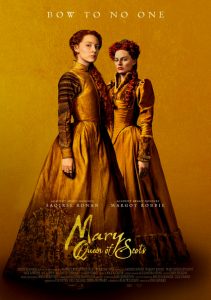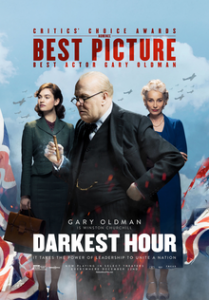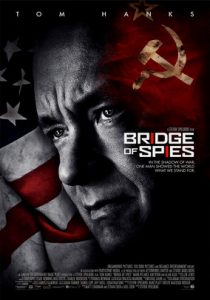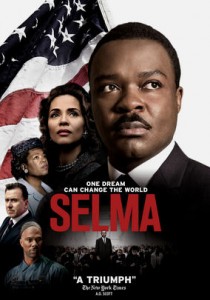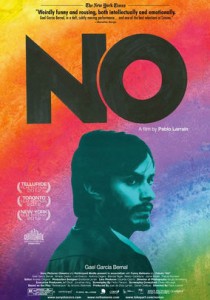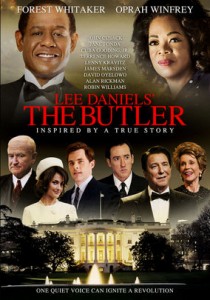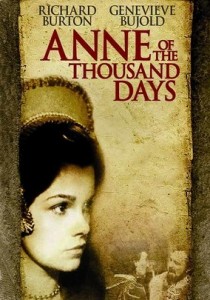Hamnet-2025
Director Chloé Zhao
Starring Jessie Buckley, Paul Mescal
Scott’s Review #1,505
Reviewed December 8, 2025
Grade: A
For lovers of William Shakespeare, the famous sixteenth-century playwright, poet, and actor, Hamnet (2025) is highly recommended for its recognition of his renowned tragedy, Hamlet, written in 1599 or 1600.
Any literature nut will ooze with pleasure since the tragic play is the basis for the entire film, and its creation is based on the events in the movie. This allows viewers to understand the reason for it, despite some fictionalization.
A bonus is a portion of it being performed on stage late in the movie.
And for cinemaphiles, Hamnet contains gorgeous cinematography, raw, emotionally charged acting, and a believable love story mired in heartbreak and ultimately hopefulness.
The film’s story dramatizes the marriage between Anne Hathaway (Agnes in the movie), played by Jessie Buckley, and William Shakespeare (Paul Mescal), and the impact of the tragic death of their eleven-year-old son, Hamnet, on their relationship, which inspired Shakespeare’s play Hamlet.
Sam Mendes and Steven Spielberg produced the film, which ensured it was made, and Chloé Zhao directed it. The financial help undoubtedly made sure (hopefully) that Zhao could make the film she wanted, and the final product looks like her vision.
Zhao is well known for directing Nomadland (2021), a movie with powerful landscapes, and Hamnet is no different in its exterior riches, though it is set in the late 1500s rather than the present.
She includes peaceful green forests, lush with quiet, thoughtful sequences, leading the viewer to enjoy the tranquility and mystique rather than to incorporate a storyline purpose.
It’s an overall vibe.
As characters wander along a path or a garden, the audio enhancement of birds chirping pairs well with greenery or flowers lit with golden sunshine.
A colder, grey vibe enshrouds the interior scenes of humble cottages, where characters peel boiled eggs, perform tedious household tasks, or share a modest meal.
I totally bought the authenticity of the 16th and 17th-century locales, costumes, sets, and characters. This buy-in did wonders to reflect the believability of everything else.
The leading actors get an A+ for chemistry and connection, with powerfully acted, sometimes guttural scenes, scene after scene.
From the first garden scene, when Buckley and Mescal, strangers, meet amid instant attraction and infatuation, the scene smolders with fiery romance. How the actors conjured that amount of intensity is remarkable.
They are forever linked when they give in to their attraction, shortly after which results in a pregnancy, much to the chagrin of his family.
Separately, Agnes is intriguing and spiritual, rumored to be the daughter of a forest witch. Before her death, Agnes’ mother taught her herbal lore, which Agnes later uses to heal a cut on William’s forehead.
William is thoughtful, bookish, and very introspective. His intensity towards his writing and art is inspiring.
The characters get along, and Agnes even insists he go to London, where he can work in a proper environment and better understand his creative mindset.
Buckley especially delivers the goods with ferocious acting and startling realism.
Equally noteworthy are Jacobi and Noah Jupe, who play the real Hamlet and the stage Hamlet. Brothers in real life, both look similar and possess top-notch acting skills.
And can Emily Watson (playing Mary Shakespeare) not be great in anything?
A minor gripe is why Buckley is positioned as the lead actress while Mescal is deemed the supporting actor. As equals, it’s not her story versus his; together, they share the depth of the storyline as a pair. And Shakespeare as a supporting character doesn’t sound right.
Destined to be rewarded for its artistic merit, humanistic integrity, and truthful approach, Hamnet (2025) is a beautifully slow-building film. It elicits heartwarming cinematic perfection.
Oscar Nominations: Best Picture, Best Director-Chloé Zhao, Best Actress-Jessie Buckley, Best Adapted Screenplay, Best Casting, Best Costume Design, Best Original Score, Best Production Design



